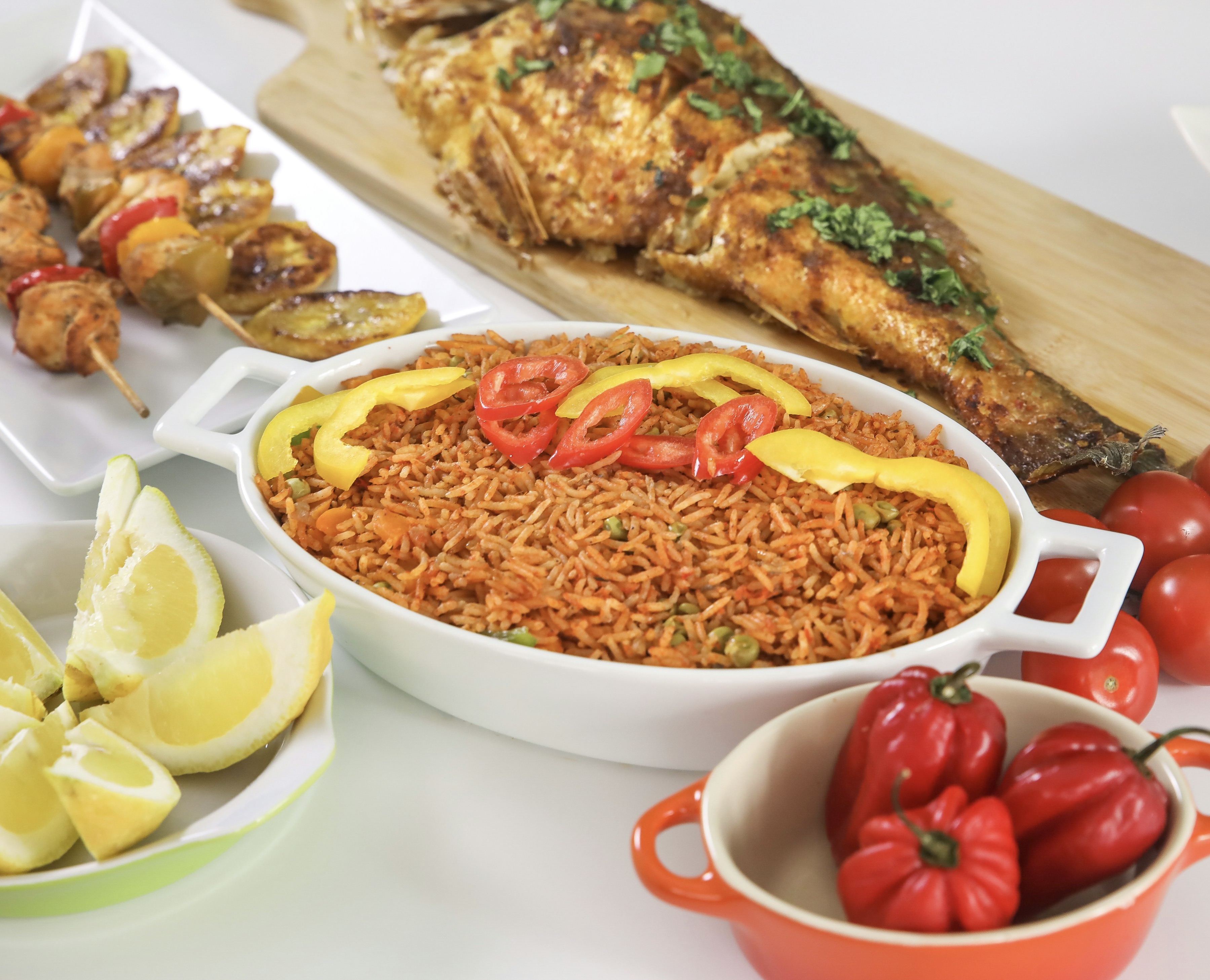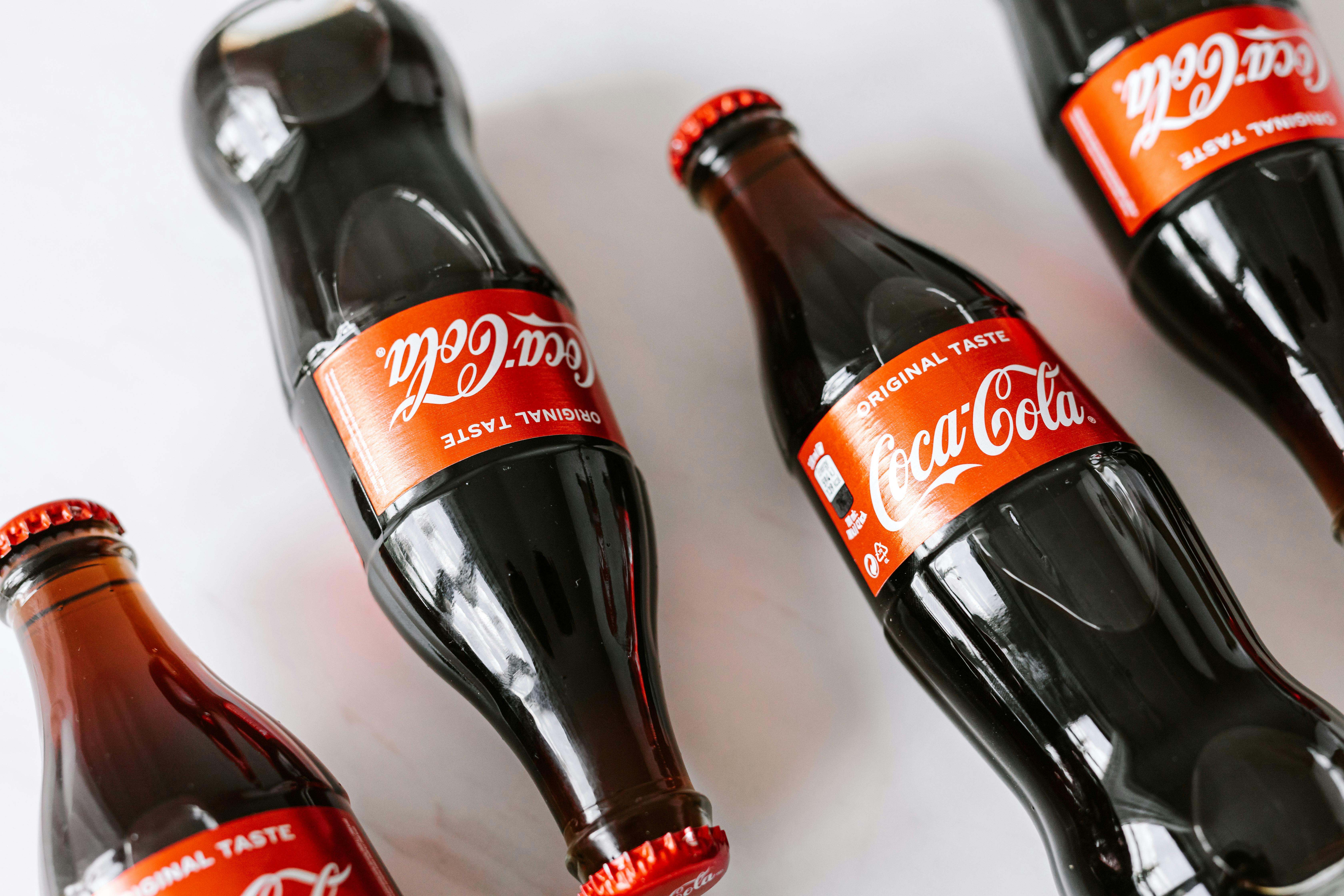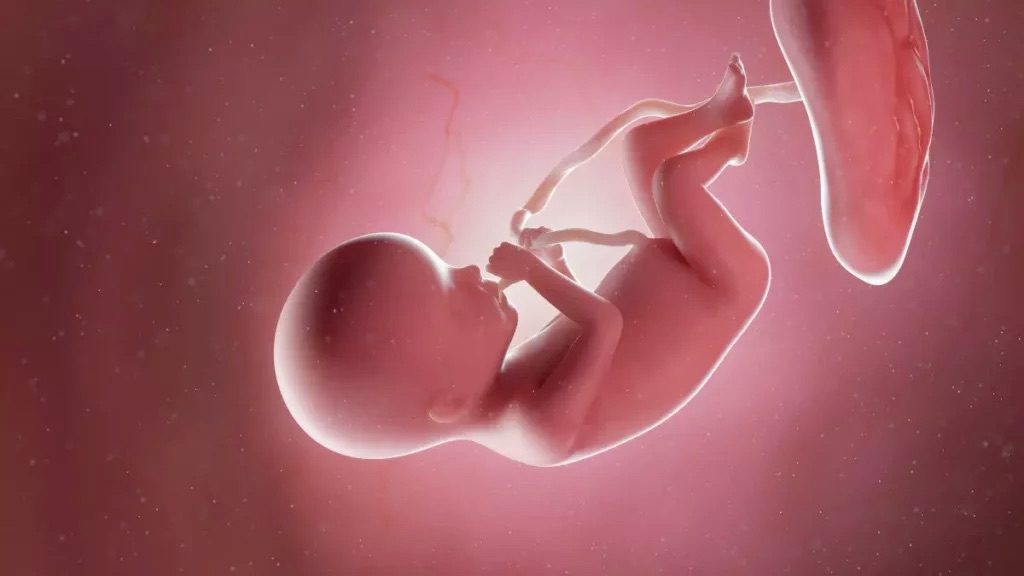



4 minutes
By Niovo • 7/2/2025
Pregnancy changes your relationship with food. One minute you’re loving rice and stew, the next day just the smell of stew can make you gag. Then come the cravings - sometimes for normal food, other times for things you shouldn't even be touching.
In this guide, we’ll go deep into:
- Why you crave things like nzu or chalk (and why they’re dangerous)
- Nutrients you need during pregnancy and where to find them in Nigerian food
- What foods, herbs, and spices to avoid, especially in certain trimesters
- A simple but healthy 1-week Nigerian pregnancy meal plan
- Special nutrition tips if you're anaemic, have high BP, or gestational diabetes
Cravings and aversions are a normal part of pregnancy for many women, especially in the second trimester (weeks 13 to 27). Some cravings are harmless. But others, especially cravings for non-food substances, can be a sign of something more serious. A lot of Moms report craving:
Truth is, no one fully understands why cravings develop in pregnancy, but research suggests several possible causes:
1.Hormonal changes: Hormones in pregnancy increase your sensitivity to taste and smell. This can cause strong aversions to certain foods and cravings for others.
2.Increased hunger hormones: A hormone called neuropeptide Y, which boosts appetite, increases in pregnancy, leading to a stronger urge to eat (and crave) things.
3.Stress, Anxiety, or Cultural Conditioning: Some women grow up seeing others eat nzu or clay in pregnancy, so their brains associate it with comfort or relief, especially during nausea. It can become a soothing habit, even if harmful.
4.Sometimes, your body is trying to tell you something
Some studies suggest that cravings might reflect a need for certain nutrients, like:
Vitamin C → craving oranges or pawpaw
Calcium → craving milk, dairy, or even chalk
Iron → craving ice or raw rice
But this link isn’t always consistent. Not every craving means you’re missing something.
If you’re craving non-food items like:
…You may be experiencing Pica, an eating disorder where the body craves substances with no nutritional value. It’s most often linked to iron deficiency anaemia.

Nzu a.k.a Traditional Chalk
“But my grandma ate nzu and nothing happened.” The truth is: many harmful effects (like lead poisoning) aren’t always immediately visible, they may affect the baby’s learning, growth, or cause low birth weight. It’s not worth the risk
During pregnancy, your body works overtime. You need more nutrients than usual to:
Here’s a table of essential nutrients and the common Nigerian foods where you can find them:

Tip: Combine iron + vitamin C for better absorption. E.g., beans with pepper sauce, or ugu + orange.
Avoid or limit the following during pregnancy:
Is Pepper soup safe? Yes - but use mild spices and avoid traditional medicinal ones like arigbo, ehor or Uda as they can cause Uterine contractions.
Now that you know why your body craves certain things, and what to avoid, here’s a simple weekly meal plan built around nutrient-rich Nigerian foods. These meals are designed to support your baby’s growth, keep you strong, without needing expensive or foreign ingredients.
Switch meals around depending on your cravings, budget, and availability.
Anaemic ?
Preeclampsia (High BP)?
Gestational Diabetes?
Every pregnancy is different, but the foundation is the same, your body needs the right fuel. Cravings are normal, but understanding them helps you make safer choices.
Use this guide as a starting point. Save it. Share it with a friend. And most importantly, speak to your doctor if you’re ever unsure about what your body is asking for.

By Niovo • 5/24/2025
Been craving Coke during pregnancy but not sure if it’s safe? Here’s what you really need to know.
2 minutes

By Niovo • 5/25/2025
Halfway there! What’s happening in your body (and your baby) now.
2 minutes

By NIOVO • 6/17/2025
Before You Swallow That Pill, Read This!
2 minutes

By Niovo • 7/2/2025
Reviewed by Imelda Ibok, R.N.M .
2 minutes